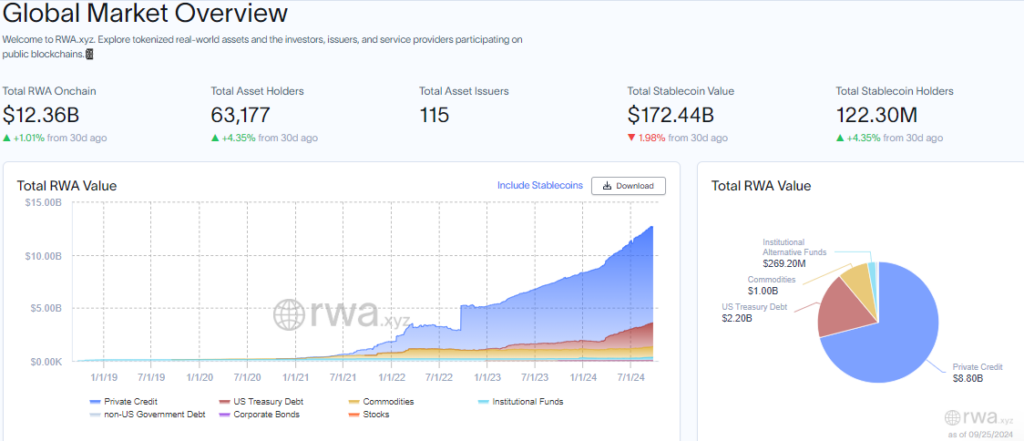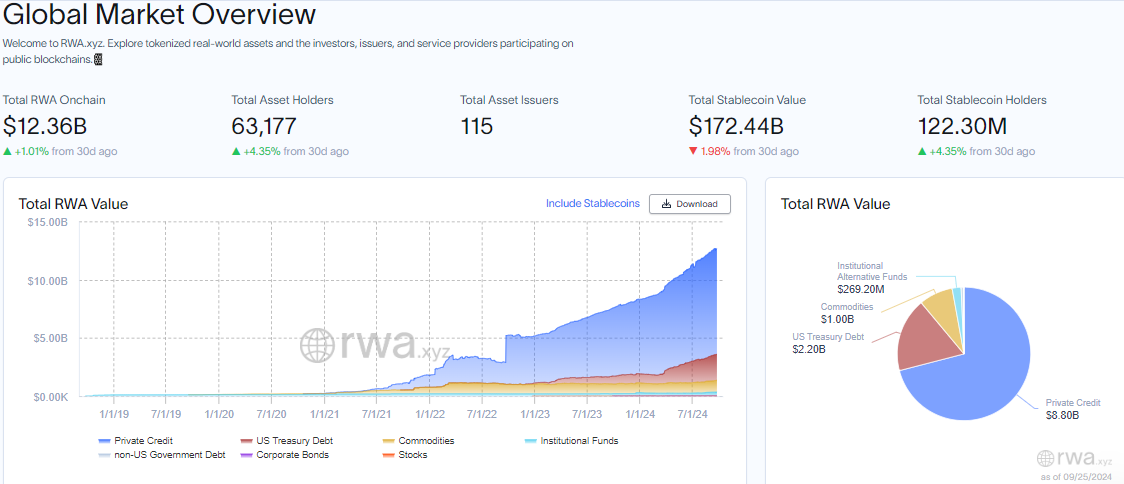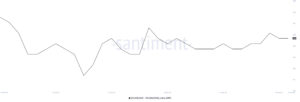
Visa, the American multinational payment services giant, has introduced a tokenized asset platform to assist banks in testing tokenized assets and smart contracts. Spain’s Banco Bilbao Vizcaya Argentaria (BBVA) is already exploring the new Visa Tokenized Asset Platform (VTAP) in its sandbox environment.
This move signals Visa’s efforts to protect its market share as it faces increasing competition and legal challenges.
Visa Taps Into Tokenized RWAs
Visa has introduced a new platform to help banks test tokenized assets and smart contracts. Spain’s BBVA will be one of the first to try it, planning a pilot with select customers on the Ethereum blockchain in 2025.
Visa says this platform will help global banks work with fiat-backed tokens. This move is part of Visa’s ongoing push into the digital asset space, using tokenization to expand its influence.
“We think that [tokenization] creates a significant opportunity for banks to issue their own fiat-backed tokens on blockchains. Banks must do it in a regulated way and enable their customers to access and participate in these eon-chain capital markets,” Visa Crypto Head Cuy Sheffield said.
Read more: Real World Asset (RWA) Backed Tokens Explained
Visa’s interest comes as financial institutions, including Central Banks and asset managers like BlackRock, State Street, and Franklin Templeton, among others, progressively explore tokenization. This reflects the interest of traditional finance (TradFi) in the sector. Its potential to steer finance into a modern and more digitized world is a key selling point and explains the sector’s growth.
For Visa, tokenized RWAs also present an opportunity to defend its market share as growing stablecoin volumes continue to pose a threat. In May, Research firm Sacra revealed how stablecoins continue to challenge Visa on total payment volume.
“Stablecoins are on track to eclipse Visa (NYSE: V) on total payments volume (TPV), propelled by their extreme product-market fit for cross-border money movement,” Jan-Erik Asplund wrote.
However, Visa’s head of crypto, Cuy Sheffield, challenged the speculation, describing it as “noise.” He ascribed the assumption to the use of bots and automated programs to develop stablecoin data, including on-chain transactions. Sheffield’s opinion, as published in April, is that these do not measure up to settlement in the traditional sense.
Visa Leverages Innovation to Defend Market Share
As Visa forays into the growing tokenized assets space, it could solidify its market share, given the sector’s size. Data according to rwa.xyz shows the value of tokenized assets has reached $12.36 billion, with over 63,000 asset holders.
Similarly, data on Dune indicates over $2.028 billion in assets under management (AUM) for tokenized government securities. Against this backdrop, Chainlink’s co-founder Sergey Nazarov says tokenized real-world assets (RWAs) will soon be more valuable than cryptocurrencies.

Meanwhile, as Visa looks to defend its market share against the challenge of competition, hurdles continue to mount. The card payments juggernaut is facing a lawsuit after the US Department of Justice (DOJ) accused Visa of illegal monopoly.
According to the Justice Department, Visa is illegally monopolizing the debit card market, which adds to the price of ‘nearly everything.’ Reportedly, over 60% of debit transactions in the US take place on Visa’s debit network.
“We allege that Visa has unlawfully amassed the power to extract fees that far exceed what it could charge in a competitive market. As a result, Visa’s unlawful conduct affects not just the price of one thing — but the price of nearly everything,” Attorney General Merrick Garland said in a statement.
Read more: How To Invest in Real-World Crypto Assets (RWA)?
This is not the first time the DOJ has targeted Visa. In 2020, the federal authority sued the company to prevent a $5.3 billion merger with financial technology startup Plaid.
Nevertheless, Visa countered, diminishing the lawsuit as meritless and committing to defend itself in court. The payments giant also highlighted growing competition, particularly online.
The post Visa Pushes Into Tokenized RWAs Despite Legal Scrutiny appeared first on BeInCrypto.



:max_bytes(150000):strip_icc()/Bitcoin-7c580bcd389d4aef8f5a7bdb42cd26bb.jpg)

